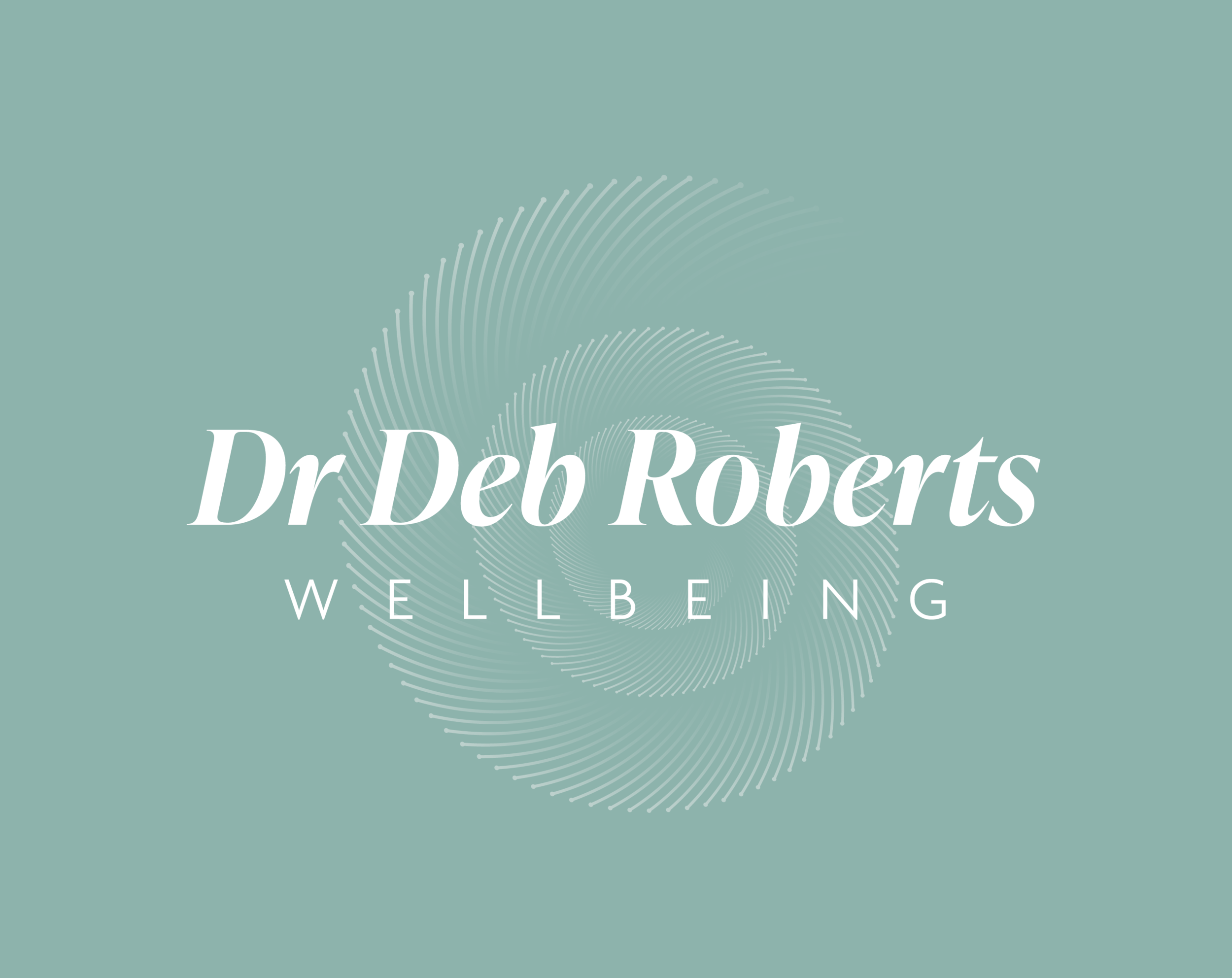Riding the anxiety wave
Image credit: Dan Stark via Unsplash
In Australia, anxiety is now the most common mental health condition. On average, 1 in 4 people — 1 in 3 women and 1 in 5 men — will experience anxiety at some stage in their life. The statistics on depression are not far off. It is estimated that 45 per cent of people will experience a mental health condition in their lifetime (Beyond Blue, 2019; ABS, 2015). On a global scale, generalised anxiety disorder and major depressive disorder are leading causes of disability, and are major contributors to the overall global burden of disease (WHO, 2019).
Most people have experienced a time in their lives when they’ve felt worried or stressed about something.
The feeling of being stressed, or scared, brings our physiological system into attention. It’s a basic survival mechanism and it’s vitally important, and when the stressor is removed we usually feel better. We essentially ride the wave and it passes.
Generalised anxiety as a mental health condition is when these feelings don’t go away and can come on for no apparent reason or cause. Riding these waves of anxiety is extremely difficult (yet not insurmountable) and often accompanied by a feeling of not being in control.
When our fears become so great that we feel there is no relief in sight we need to look at new ways to manage our experience and perception. That is when I try to remind myself to ride ‘the wave of anxiety’ instead of fighting the wave!
I have suffered from anxiety for most of my life, and I have found solace in watching the rise and fall of waves coming into the shore. The movement and beauty never cease to amaze me. I watch how the waves shape and form, rhythmically moving until they break. Some days the waves appear perfectly formed and flowing melodically and other days they are choppy and jarring.
Just as the tide and waves function in cycles, we also experience cycles. We don’t perpetually stay in one place, even if it seems so at times. Days, months and years have a cycle based on the rotation of the earth around the sun. We sleep in a 24-hour cycle. Seasons have a cycle. Men and women have their own physiological cycles, including coming of age and ageing.
From an emotional point of view, we have cycles too. We can feel great at times when we experience something good or remember a good memory. While at other times we experience things that are negative or recall painful events that can bring on an anxiety wave. These waves of emotion are part of being a human, living in a changing world. Through our choices, we can build understanding and tolerance of these waves as we cycle through life.
As a yoga and meditation teacher, I remind students that at each and every session they arrive onto their mat with different moods and levels of energy.
Some days they are rearing to go and other days they may feel sluggish — or somewhere in between. This is both normal and apparent in one sense, yet I’ve found that we tend to ‘expect’ the same output from ourselves day after day.
If we know that we have cycles just like the waves in the sea, which are affected by the seasons and the tides, then we need to learn to accept that how we feel day-to-day naturally varies and work from this vantage point.
If we are aware of what we are thinking and feeling and acknowledge that prior experiences (even one less restful sleep) impact on our present moment, we can take steps to honour this reality, ride the wave and take conducive action. Otherwise, when we don’t listen to our bodies, when we ignore the signals they offer to us, our wellbeing breaks down and this includes the wellbeing of our minds.
Seeing life through a wave or cycle lens, we can gain a better understanding that as humans we naturally feel good at times and other times we do not. This understanding may help you navigate the important relationship you have with yourself and others.
Here are some ideas to consider if you are experiencing waves of anxiety:
· Imagine riding a wave and know that just like a wave, it has a cycle
· Do a round of 3 slow breath cycles imagining a wave — out for a count of 4–5 and in for a count of 3–4
· Do something physical, even a short walk will help
· Reach out to a friend or professional for a heart-to-heart, speaking your truth (kindly) often helps
· Listen to music or distract yourself for a period of time until the intense feeling passes
· Take time to do something nice for yourself
So, the next time you experience a wave of anxiety, consider accepting and surrendering to it, knowing that your emotions, like waves, have their own course. That they will change and that you will be ok. Tap into any wisdom the feeling of anxiety might be trying to tell you. Thank it and let it go. Eventually, the waves will smooth and calmer waters will appear.
References
Australian Bureau of Statistics. (2015). National Health Survey First Results — Australia 2014–15. Canberra: ABS.

